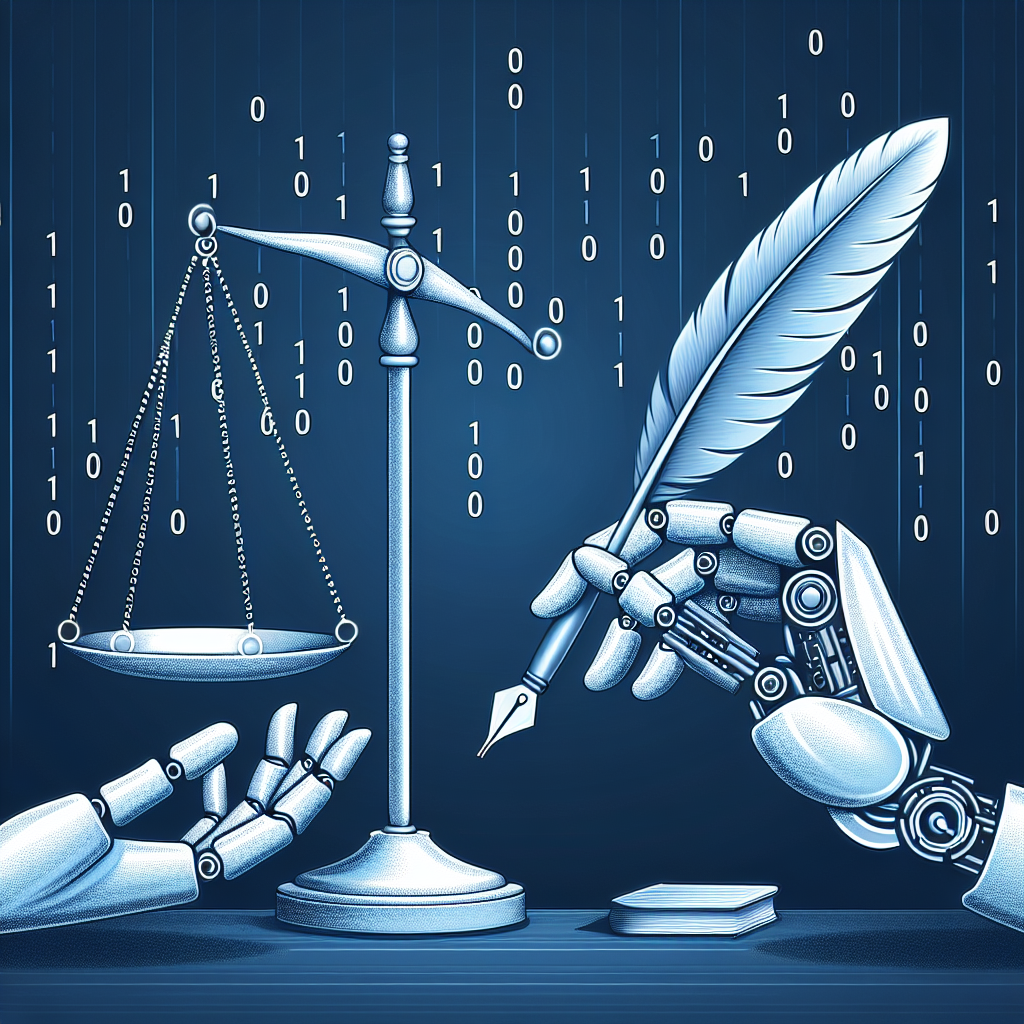In recent years, artificial intelligence (AI) has been increasingly used in various industries to streamline processes, increase efficiency, and improve decision-making. One area where AI is making a significant impact is in legal contract negotiation. With the help of AI, lawyers and legal professionals can now automate repetitive tasks, analyze vast amounts of data, and gain valuable insights to make more informed decisions during contract negotiations.
The Role of AI in Legal Contract Negotiation
AI technology has transformed the way legal professionals approach contract negotiation. Here are some of the key ways in which AI is being used in this process:
1. Automated Contract Review: One of the most time-consuming tasks in contract negotiation is reviewing and analyzing contracts for potential risks and errors. AI-powered contract review tools can quickly scan through contracts, identify key clauses, and flag potential issues for further review by legal professionals. This not only saves time but also ensures that all contracts are thoroughly reviewed for compliance and accuracy.
2. Natural Language Processing (NLP): NLP is a branch of AI that focuses on the interaction between computers and humans through natural language. In contract negotiation, NLP can be used to analyze and understand the language used in contracts, identify key terms and clauses, and extract relevant information for further analysis. This allows legal professionals to quickly search for specific information within contracts and make informed decisions during negotiations.
3. Predictive Analytics: AI technology can also be used to analyze past contract data and predict the likely outcomes of future negotiations. By analyzing historical data, AI can identify patterns, trends, and potential risks in contracts, helping legal professionals make more informed decisions during negotiations. This predictive analytics capability can also help legal teams identify areas for negotiation and negotiation strategies to achieve better outcomes.
4. Contract Management: AI-powered contract management platforms can help legal professionals streamline the contract negotiation process by automating tasks such as document creation, tracking changes, and managing contract workflows. These platforms can also provide real-time insights into contract status, deadlines, and potential risks, allowing legal teams to stay organized and on top of negotiations.
5. Virtual Assistants: AI-powered virtual assistants can help legal professionals streamline their workflow by automating routine tasks, scheduling meetings, and providing real-time updates on contract negotiations. These virtual assistants can also help legal professionals stay organized and focused during negotiations, allowing them to make better decisions and achieve better outcomes.
FAQs about AI in Legal Contract Negotiation
Q: How can AI help legal professionals save time during contract negotiations?
A: AI-powered contract review tools can quickly scan through contracts, identify key clauses, and flag potential issues for further review by legal professionals. This saves time and ensures that all contracts are thoroughly reviewed for compliance and accuracy.
Q: What are the benefits of using AI in contract negotiation?
A: Some of the key benefits of using AI in contract negotiation include increased efficiency, improved decision-making, and better outcomes. AI technology can help legal professionals automate repetitive tasks, analyze vast amounts of data, and gain valuable insights to make more informed decisions during negotiations.
Q: Is AI replacing human lawyers in contract negotiation?
A: AI technology is not replacing human lawyers in contract negotiation but rather augmenting their capabilities. AI can help legal professionals streamline processes, increase efficiency, and improve decision-making, but human expertise and judgment are still essential in negotiating complex contracts.
Q: How can legal professionals ensure the accuracy and reliability of AI-powered contract review tools?
A: Legal professionals should conduct thorough testing and validation of AI-powered contract review tools to ensure their accuracy and reliability. They should also continue to review contracts manually to verify the results generated by AI and make any necessary corrections or adjustments.
Q: What are some best practices for incorporating AI into contract negotiation?
A: Some best practices for incorporating AI into contract negotiation include selecting the right AI tools for the specific needs of your legal team, training legal professionals on how to use AI effectively, and continuously monitoring and evaluating the performance of AI tools to ensure their effectiveness.
In conclusion, AI technology is playing a significant role in transforming the way legal professionals approach contract negotiation. By automating repetitive tasks, analyzing vast amounts of data, and providing valuable insights, AI is helping legal teams streamline processes, increase efficiency, and make more informed decisions during negotiations. While AI is not replacing human expertise in contract negotiation, it is augmenting the capabilities of legal professionals and helping them achieve better outcomes. As AI technology continues to advance, we can expect to see even more innovations in legal contract negotiation that will further enhance the efficiency and effectiveness of legal teams.

